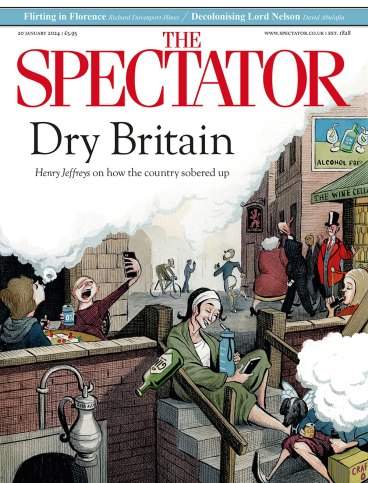Have we all become more paranoid since the pandemic?
As anyone who has ever been lucky enough to spend time in a psychiatric hospital knows, you don’t have to be completely mad to be there. A lot of us end up in the care of mental health professionals and jacked up on all sorts of crazy-person meds because something’s just not right: you know











